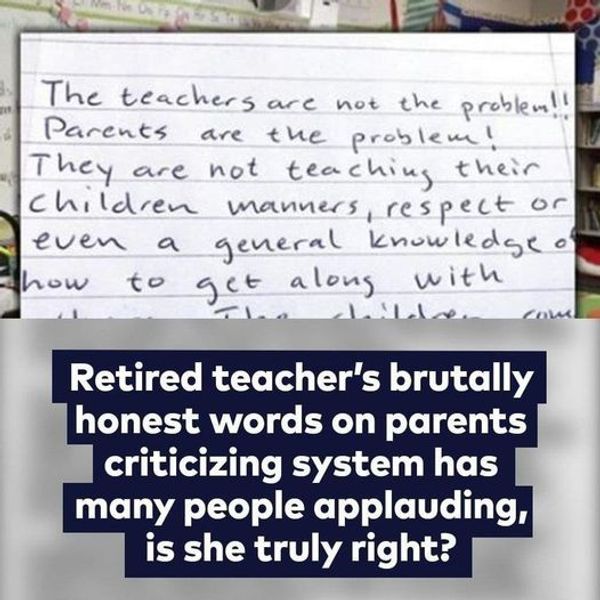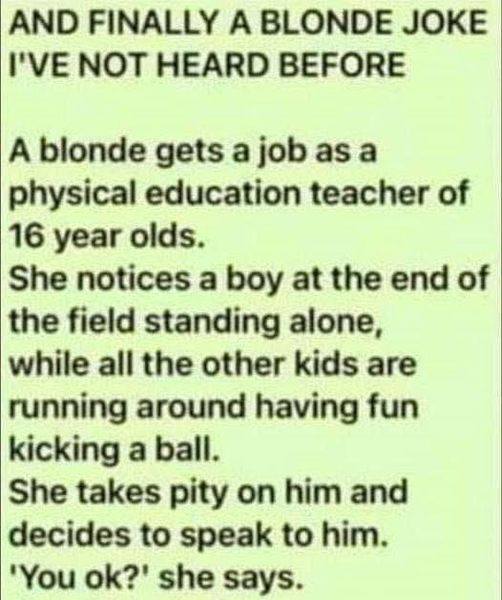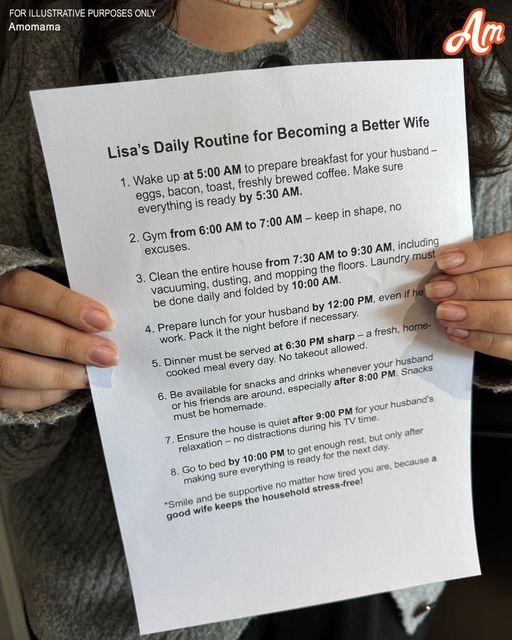
Education is crucial for the younger generation, and it is widely acknowledged by most people. However, teachers, despite their vital role, often find themselves overworked and underpaid. While many educators enter the profession with enthusiasm and motivation, the increasing disillusionment and burnout they face have become prevalent today. Various factors contribute to this, and some teachers point fingers at parents as the main culprits.
One opinion piece, written by a retired teacher and published in the Augusta Chronicle in 2017, has gained widespread attention online. The letter highlights the challenges faced in classrooms, and it continues to spark debates on who should be held accountable for issues within the education system. Considering the recent pandemic, the rise of virtual classes, and students’ unfamiliarity with traditional schooling, this piece by Lisa Roberson carries even more weight.
Roberson, in her letter, asserts that parents are the root of the problem. She starts by stating, “As a retired teacher, I am tired of people who know nothing about public schools or haven’t been in a classroom recently deciding how to fix our education system. The teachers are not the problem! Parents are the problem!” She goes on to explain that parents are not adequately preparing their children for learning. These children lack basic manners, respect, and the ability to get along with others. It’s disheartening to see students arriving at school wearing expensive shoes while not even having a pencil or paper. Often, it falls upon the teachers themselves to provide these supplies out of their own pockets.
Roberson questions whether parents attend parent nights and maintain regular communication with teachers. She emphasizes the importance of parents ensuring their children come to school with the required supplies and complete their homework consistently. Moreover, she raises concerns about students’ behavior and disruptions in the classroom. According to Roberson, it is not the schools that are failing but the parents. She concludes by urging parents to step up and fulfill their responsibilities if any improvements are to be made in the education system.
In a perfect world, teachers and parents would work together harmoniously to provide children with a solid education. However, the real world, especially in the aftermath of the pandemic, is far from perfect. Lockdowns forced parents to closely monitor their children’s education, and it ignited debates on various controversial topics such as vaccinations, gender identity, race theory, school closures, and masks. These debates have lasted for years and have made the teacher-parent relationship more challenging.
Despite these challenges, both educators and parents share the same goal: to equip children with the knowledge and skills they need for a successful future. While teachers must find innovative ways to engage and motivate students, parents play a crucial role in preparing their children for optimal learning before they enter the classroom. This includes teaching children classroom etiquette, completing assignments, and being punctual.
However, it is important to acknowledge that not all parents are able to actively participate in their child’s education due to various reasons. On the other hand, overly involved or “helicopter” parents can also create difficulties. Such parents shield their children from disappointment or frustration, preventing them from developing problem-solving skills. This dynamic between parents and teachers is more challenging to manage now than ever before.
The pandemic has caused many students to fall behind their peers, and the widespread shortage of teachers has intensified the exhaustion and burnout experienced by those who remain in the classroom. Pre-pandemic routines and techniques may no longer be effective due to worsening behavior among children. As we navigate these difficulties, it is crucial to address the issues within the education system by recognizing the shared responsibility of both teachers and parents in nurturing the next generation.





